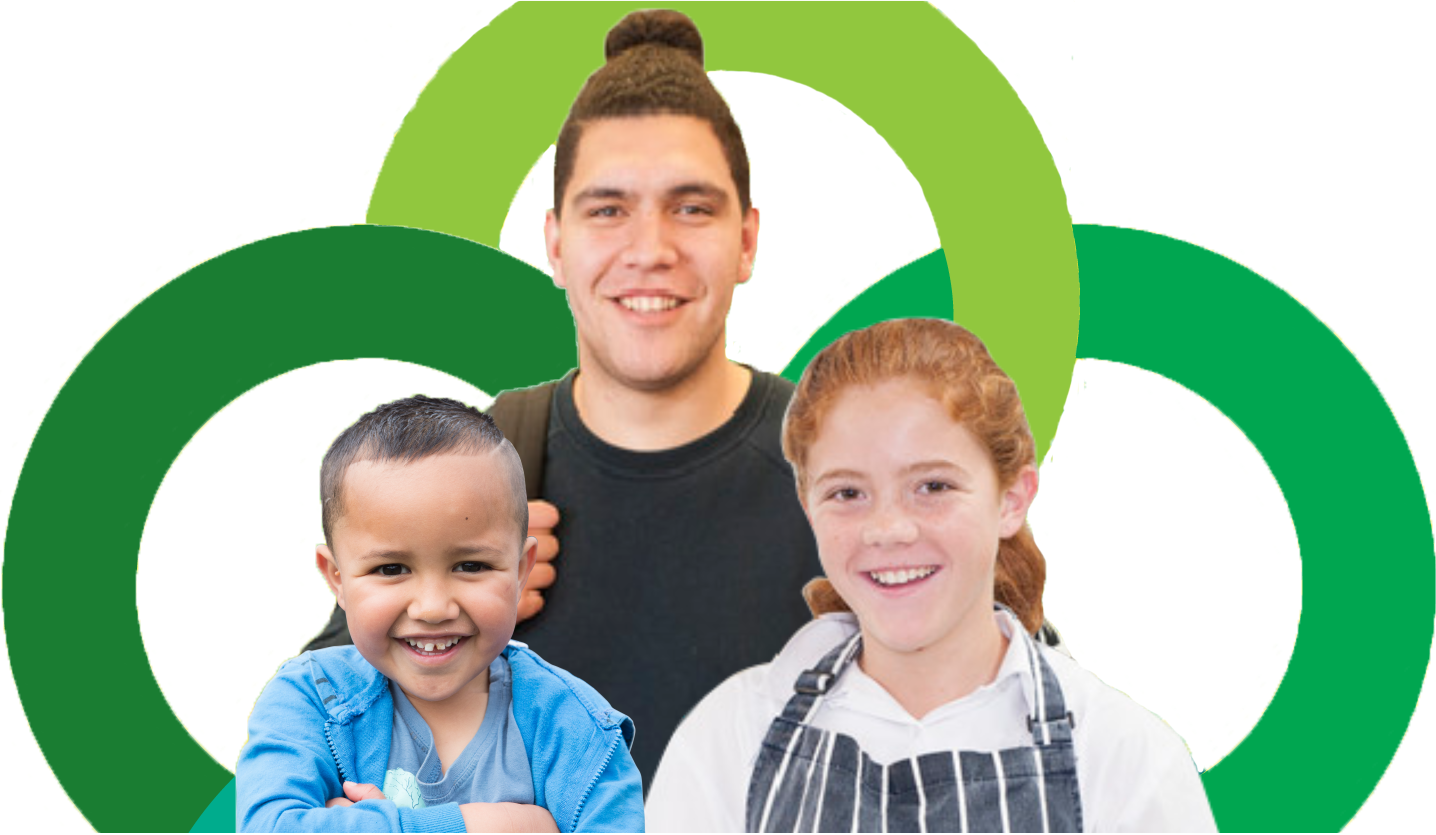
"Project-based learning or problem-based learning (PBL) is a teaching approach in which students gain knowledge and skills by working for an extended period of time to investigate and respond to an engaging and complex question, problem, or challenge."
The website Enabling e-Learning notes that ‘authentic PBL allows students to address challenges that are real to them and their lives’. PBL can also include social action, whereby learners identify an issue of concern and plan and implement a course of change and evaluate its impact.
Community Problem Solving CmPS is another example of PBL:
It is a team or individual activity in which students identify real problems and implement real solutions in a community – local, state, national, or even global. Students use the skills of the problem solving process as they work on their project; however, since real life is not always as organised as an academic exercise, the process may not proceed neatly from step to step. CmPS can be pursued as an extracurricular activity or as part of the regular school curriculum and can be one or two years in length.
Microsoft Partners in Learning (2012).
Aked, H. (2016).